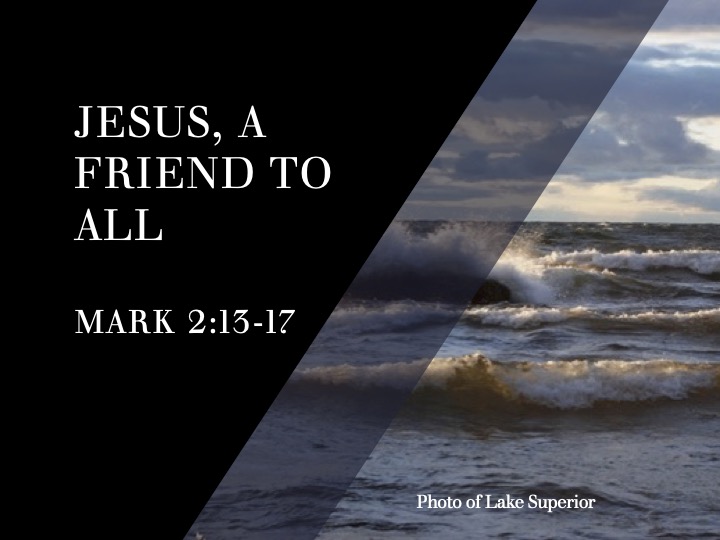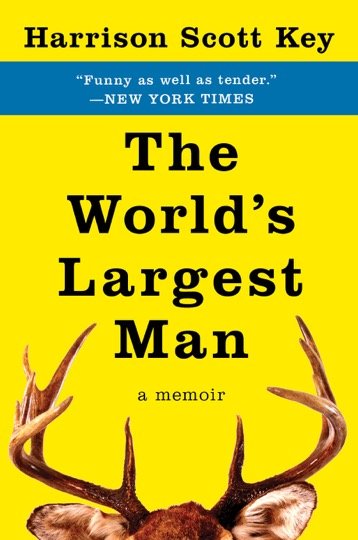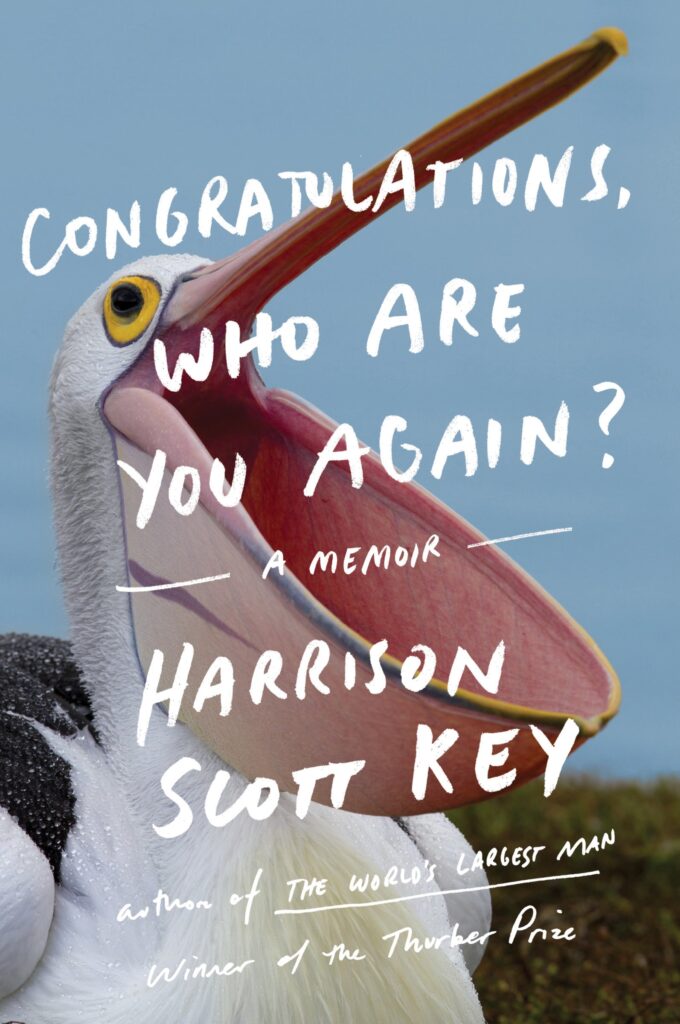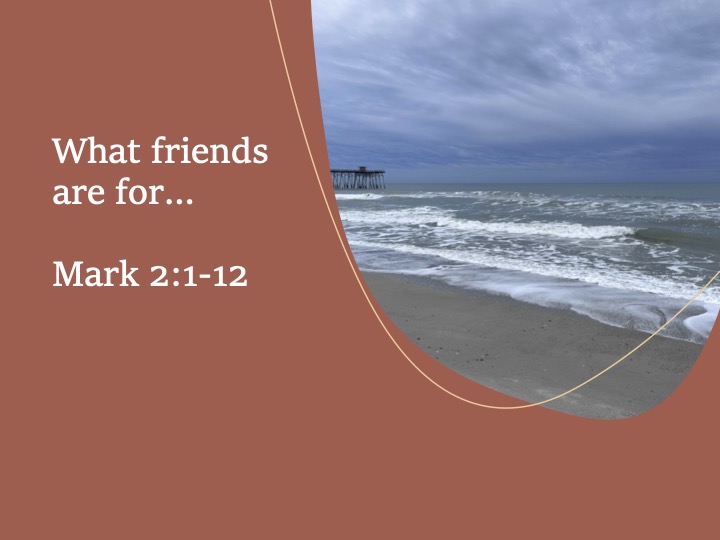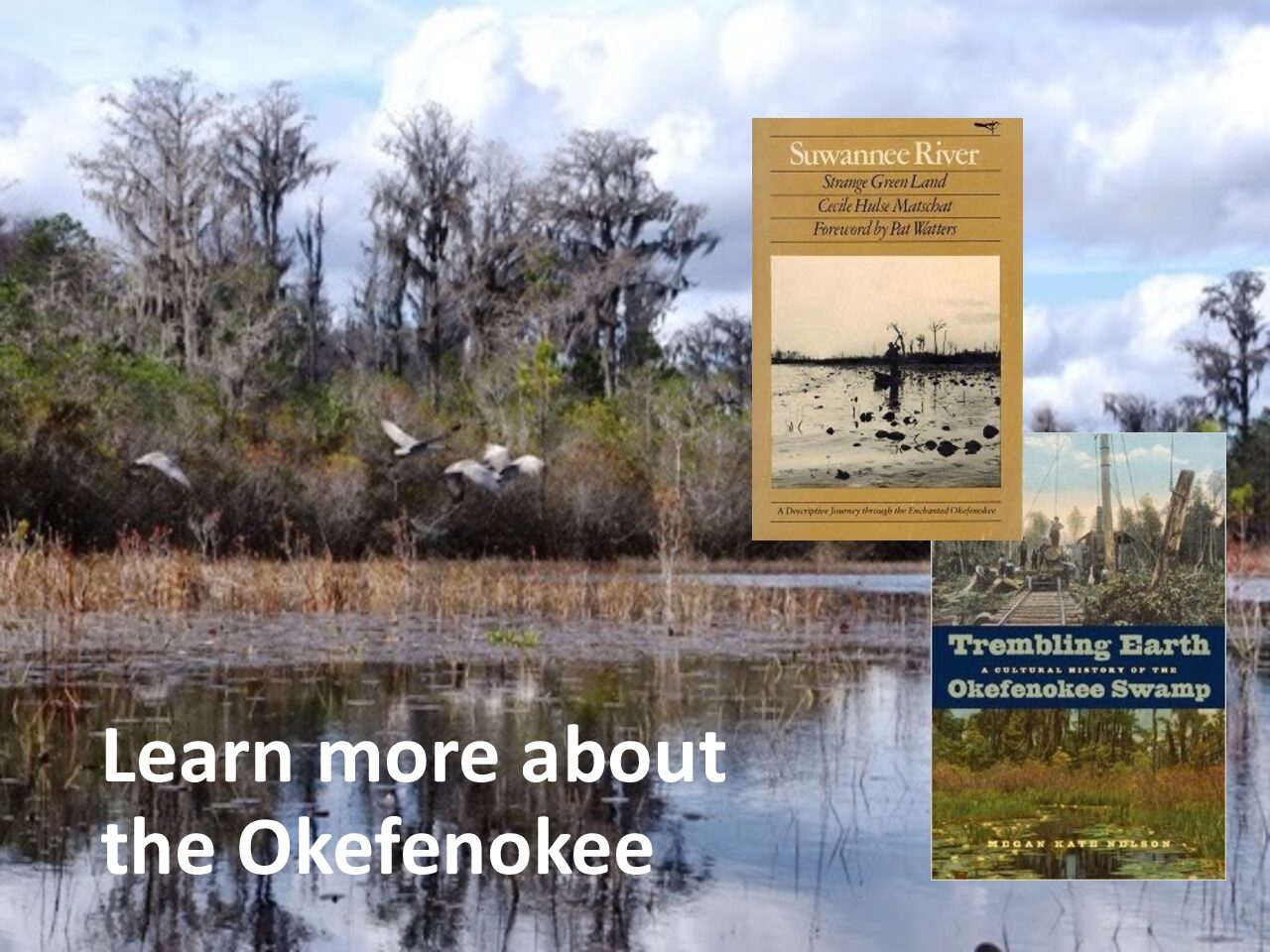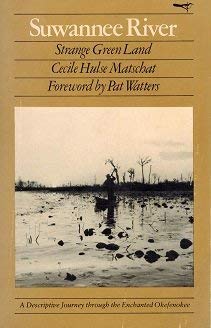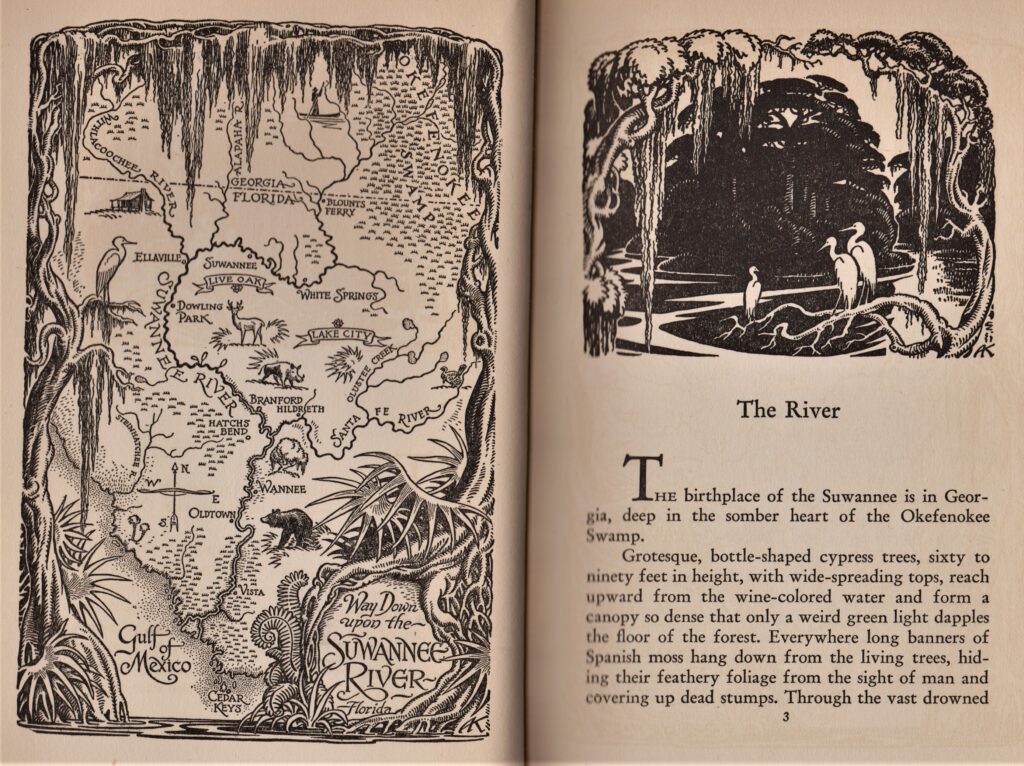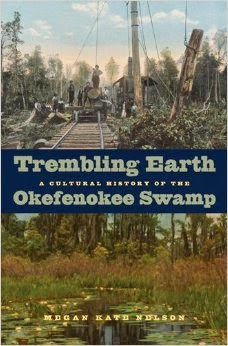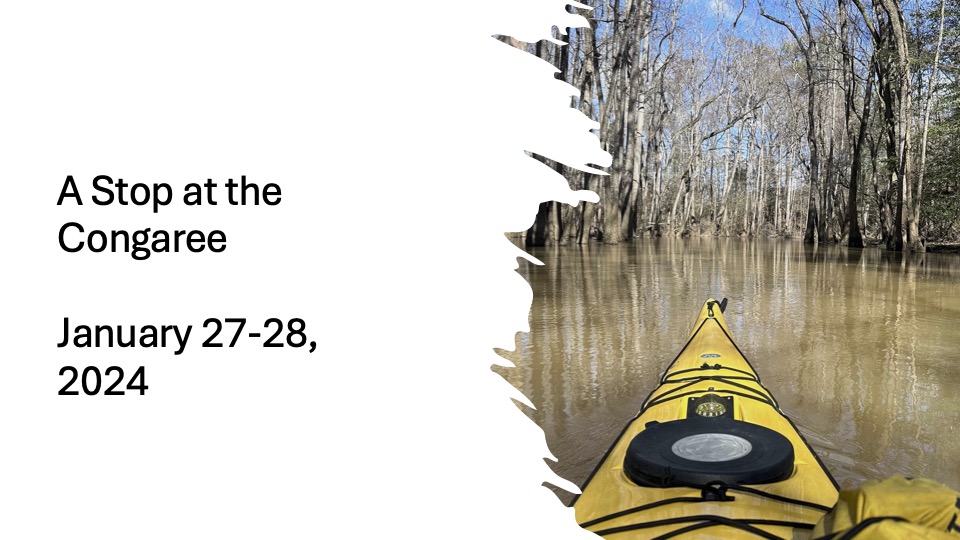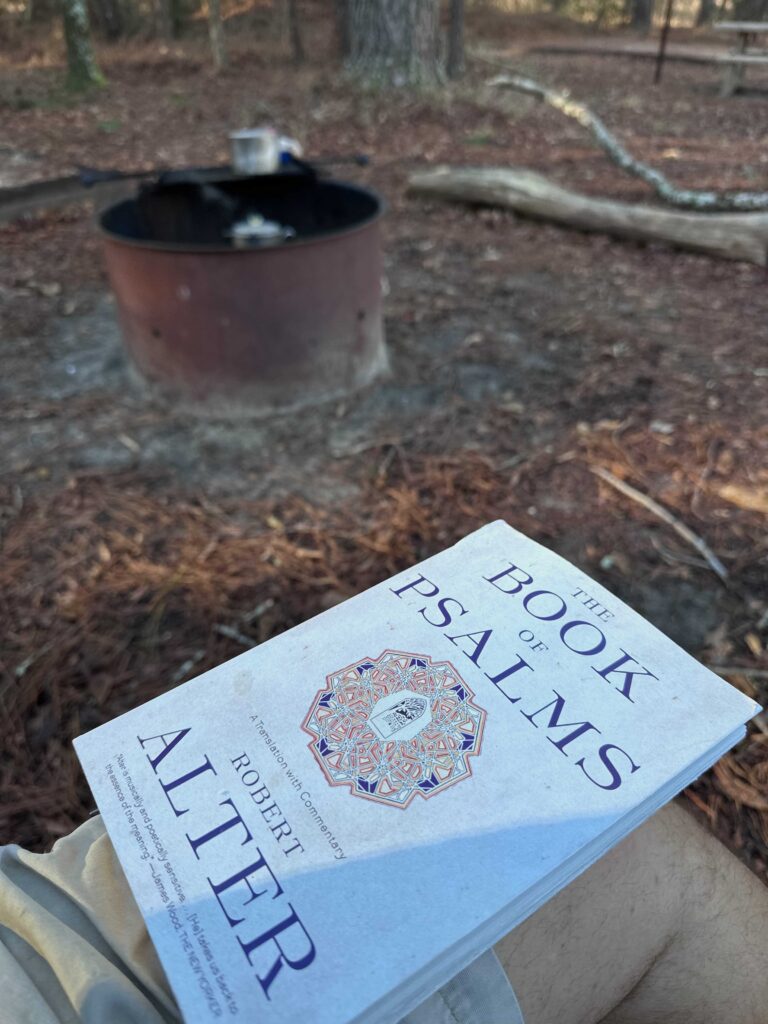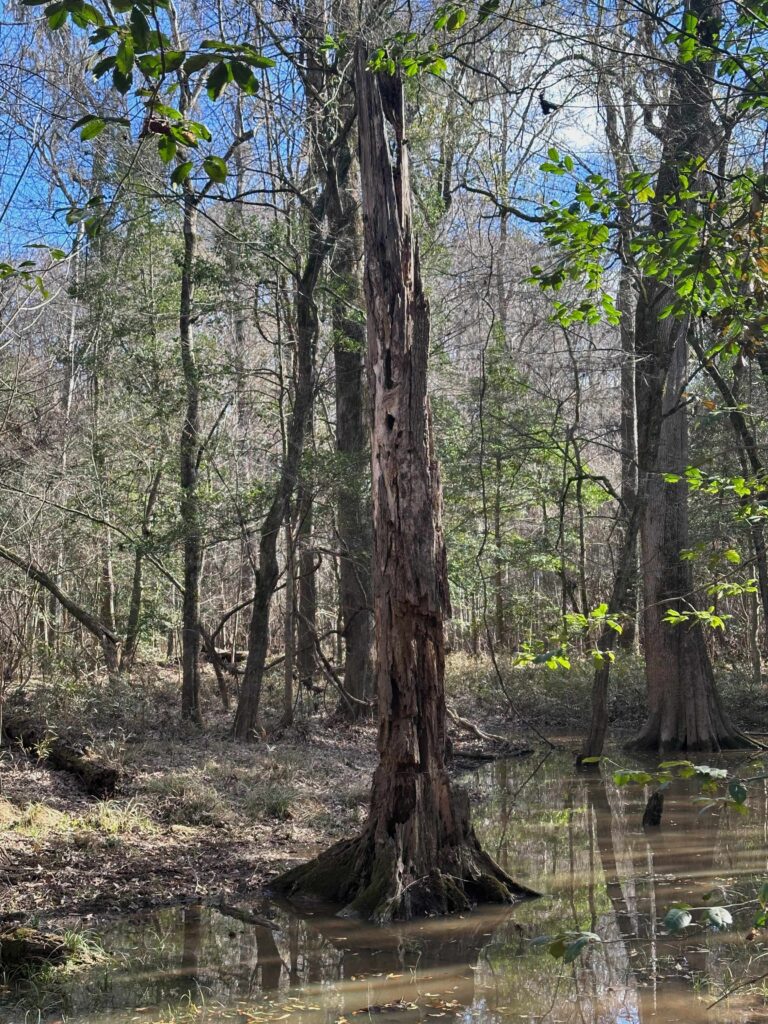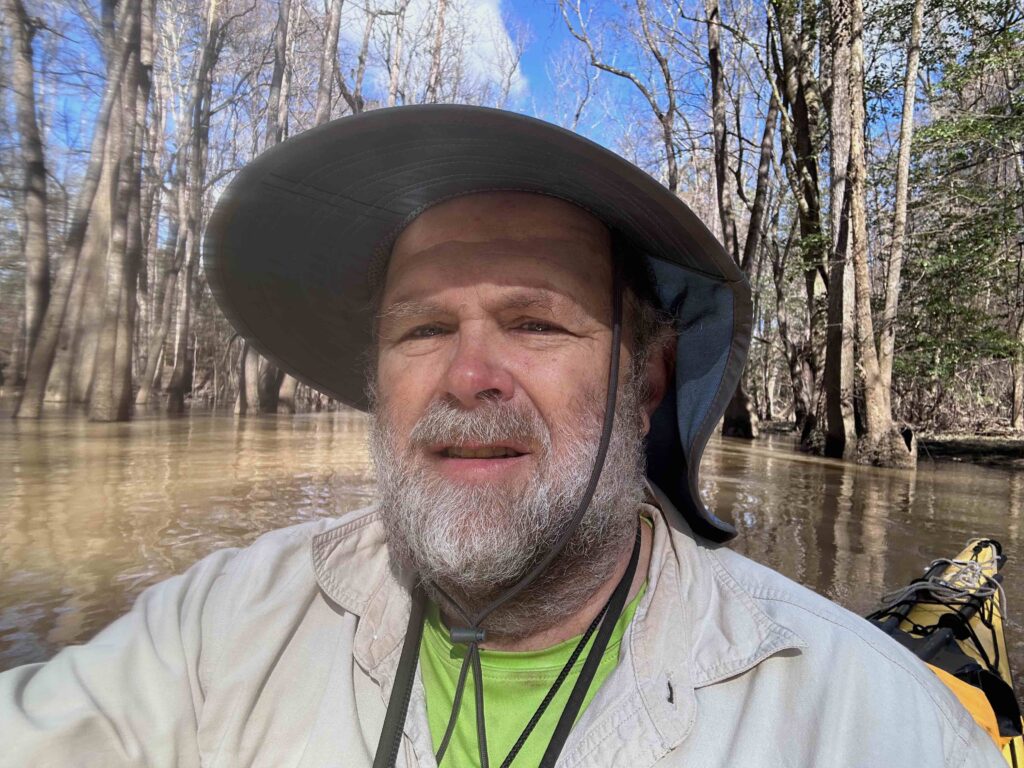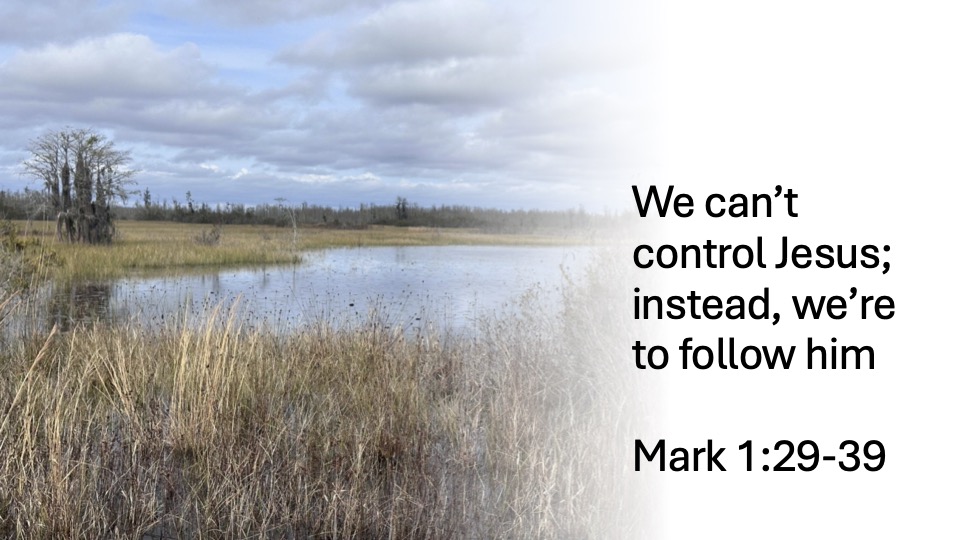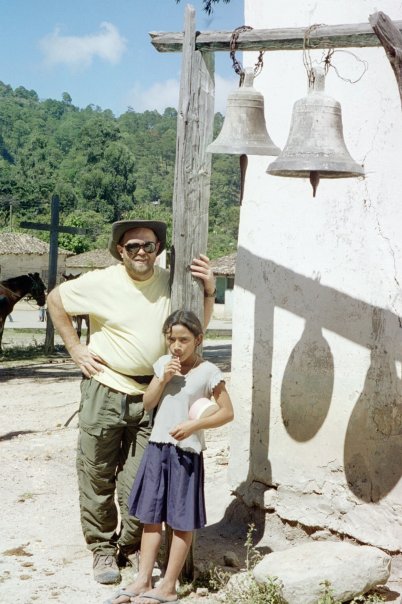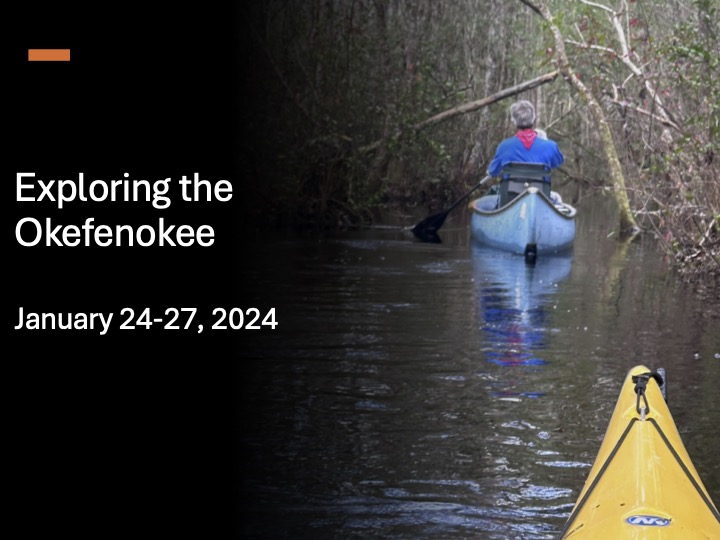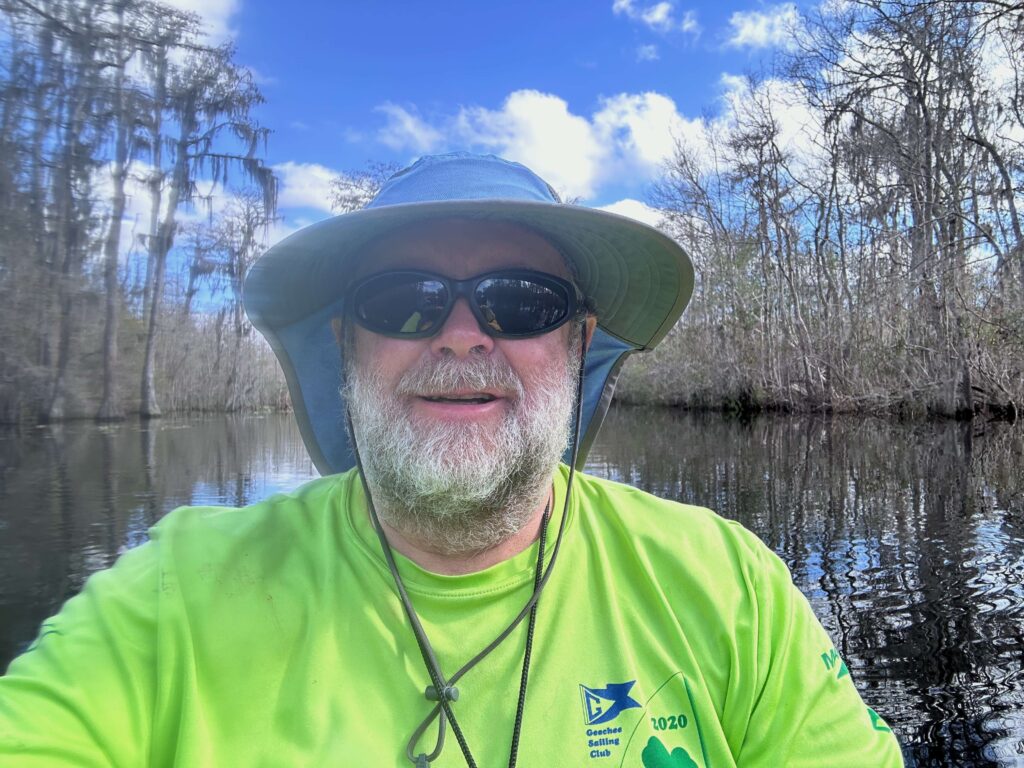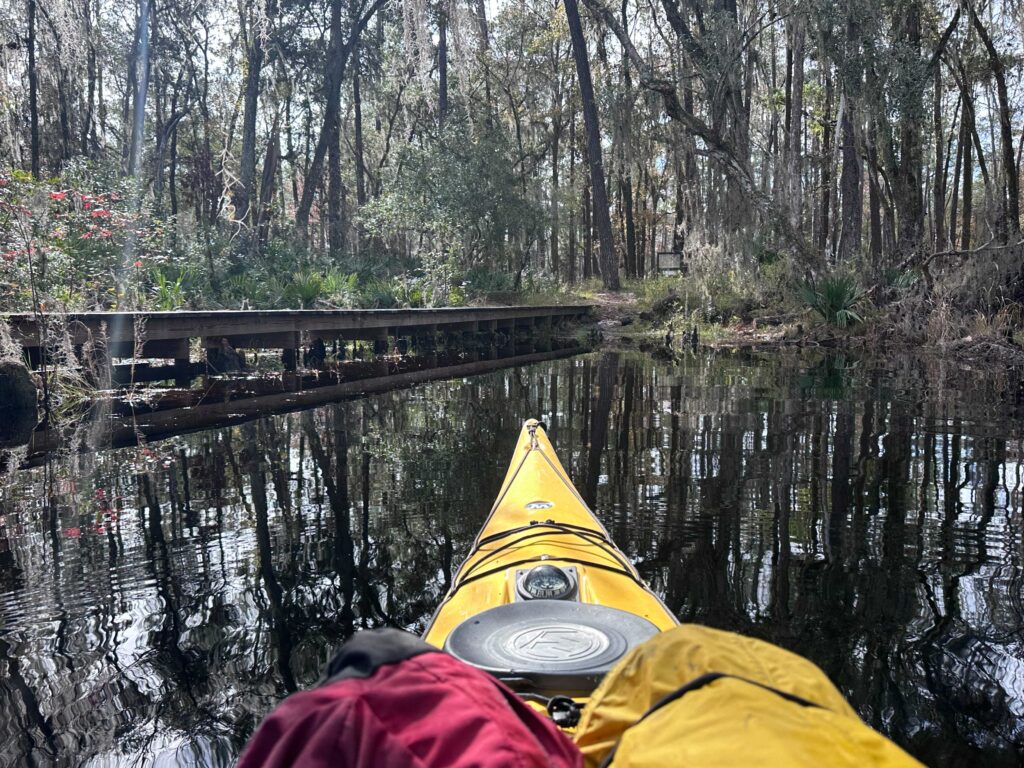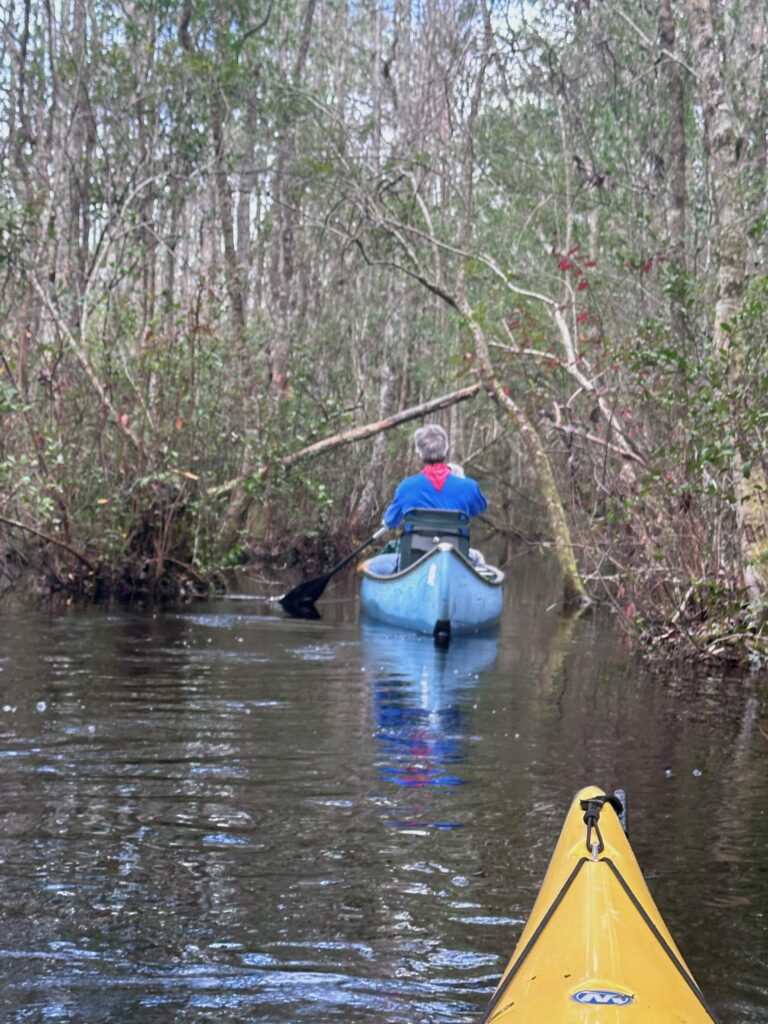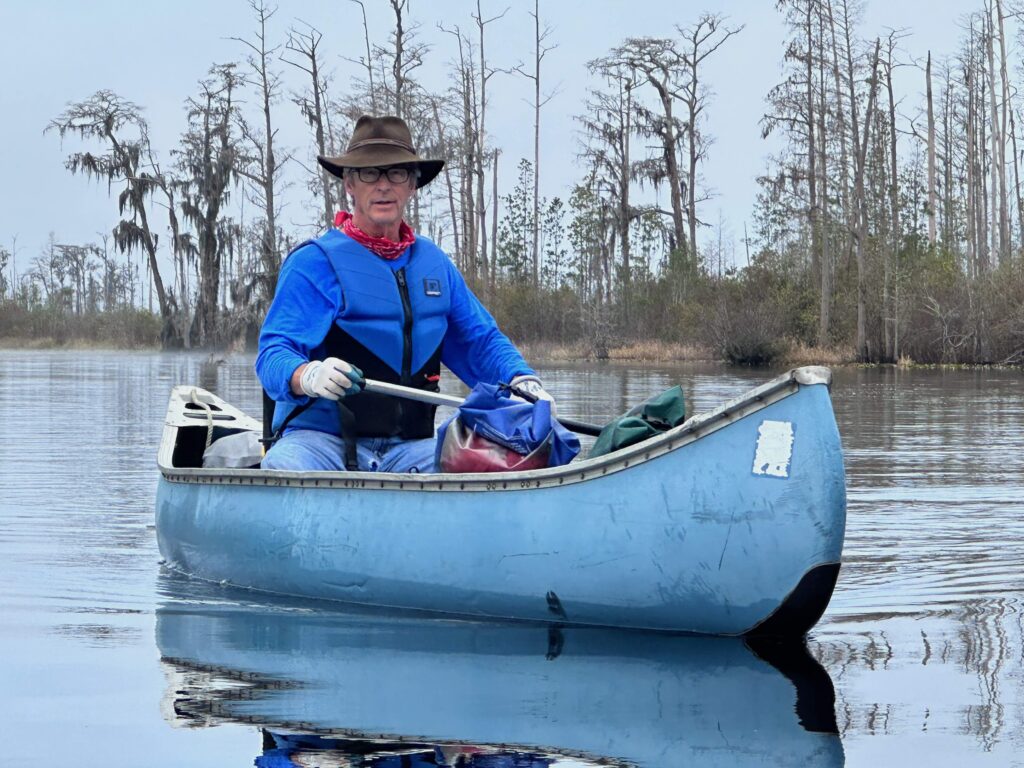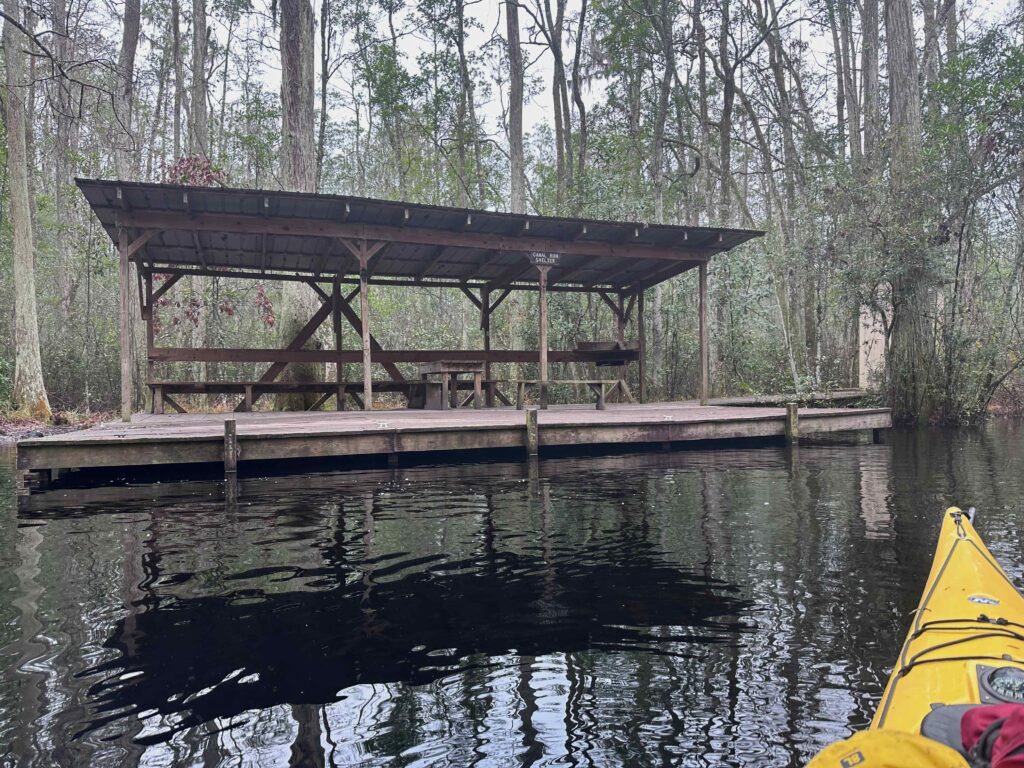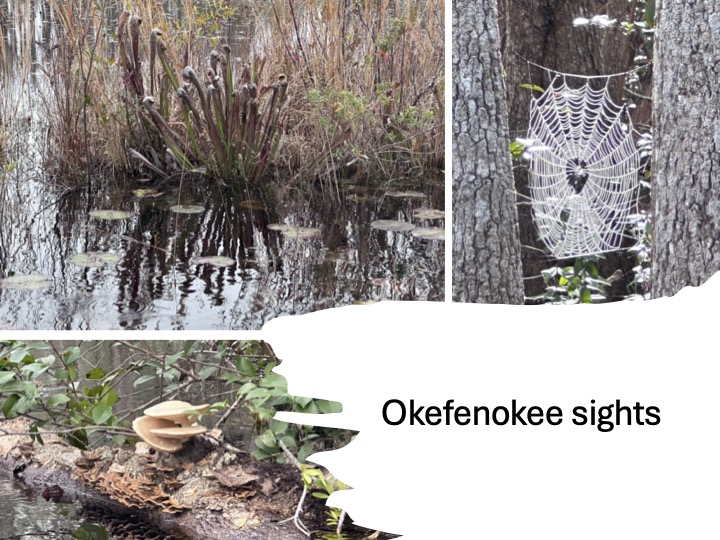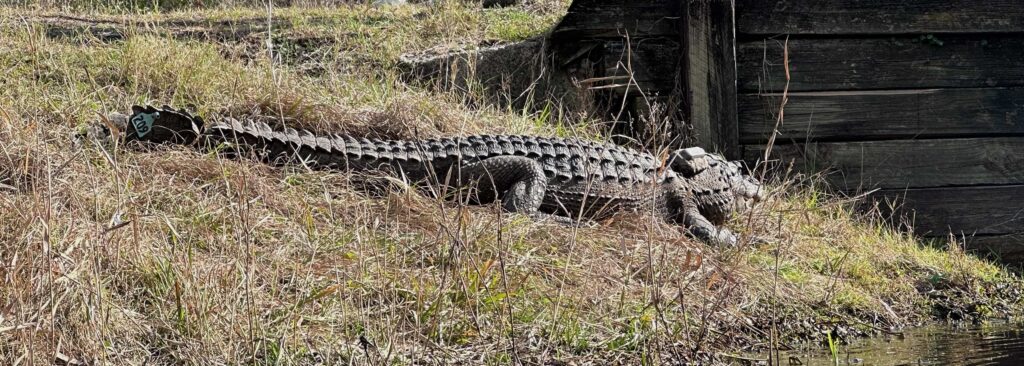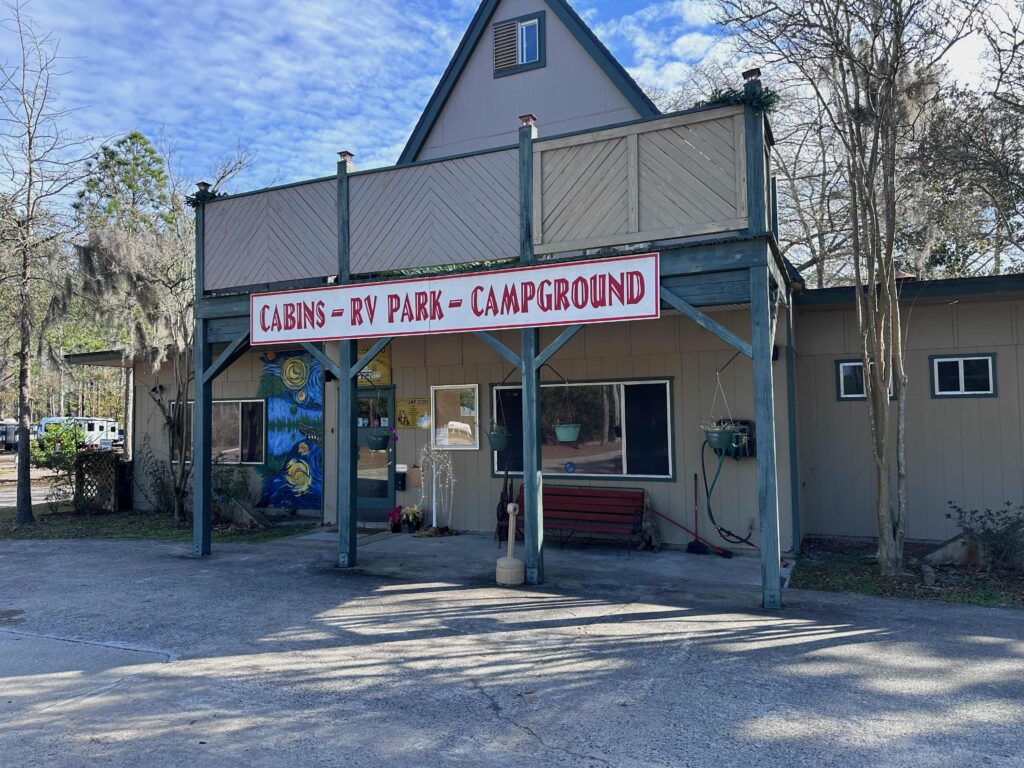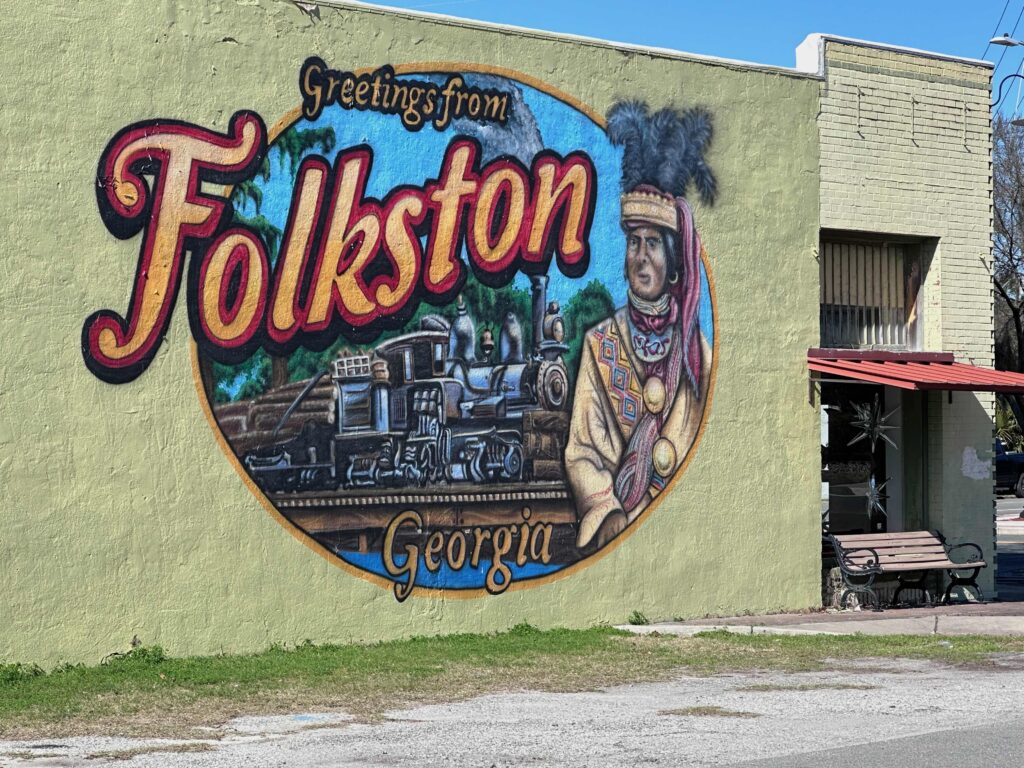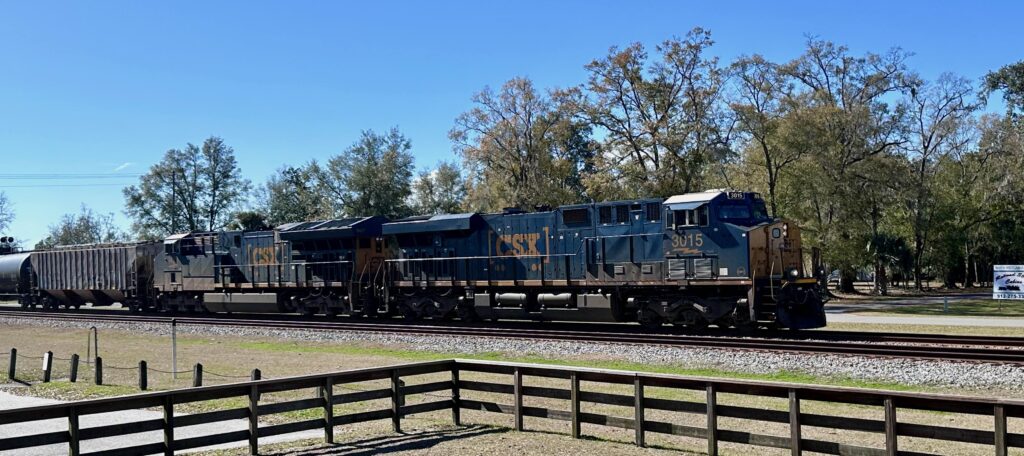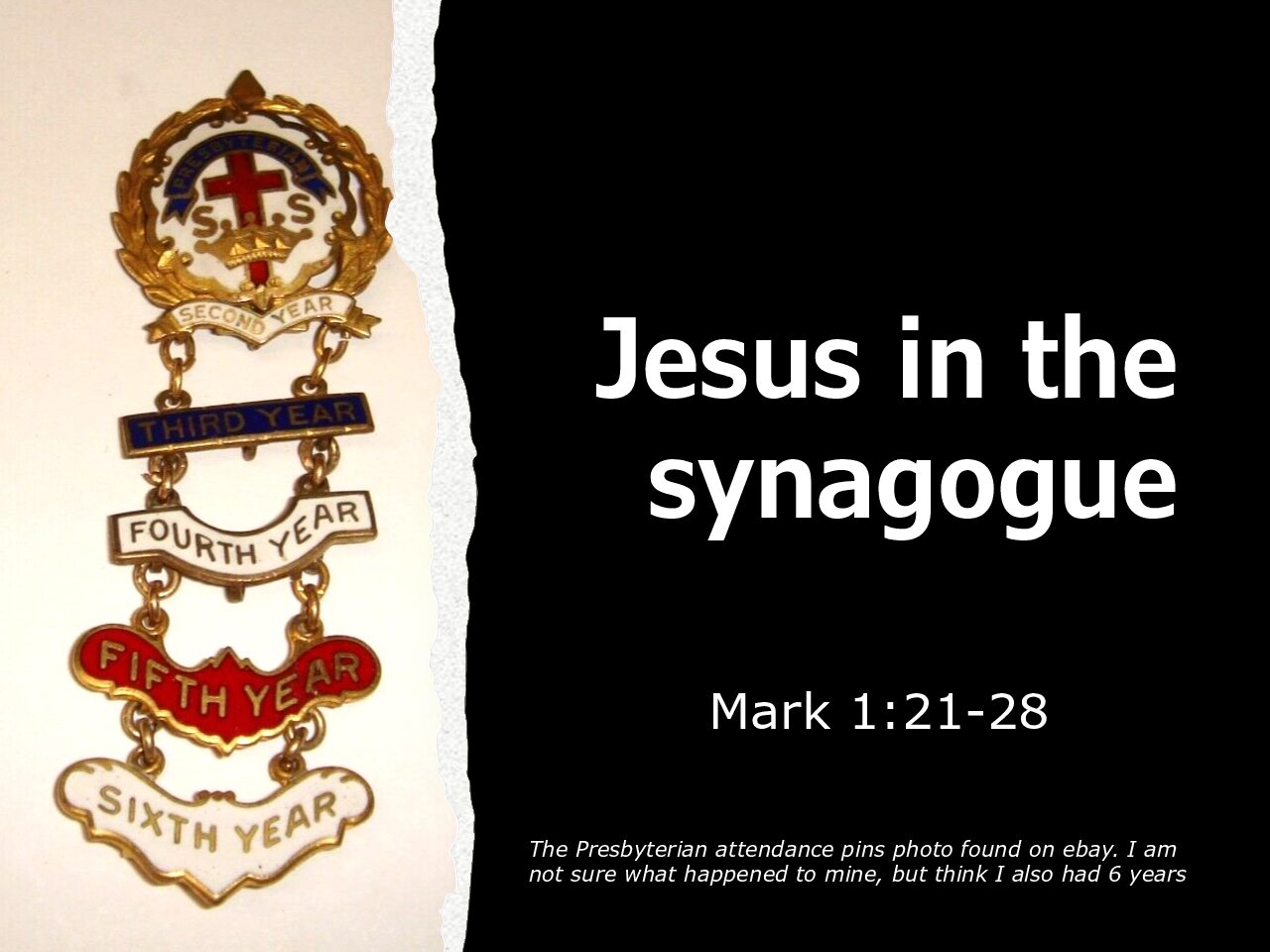Jeff Garrison
Mayberry & Bluemont Churches
February 25, 2024
Mark 2:13-17
At the beginning of worship:
Religion often gets a bad rap. People see us as dour and lacking fun. Remember Billy Joel’s 1977 hit, “Only the Good Die Young?” The song is upbeat, but the lyrics are a little disturbing as he describes a boy trying to lure a “good Catholic Girl.” Part of the lyrics go:
You’ve got a nice white dress and a party on your confirmation
You’ve got a brand-new soul, and a cross of gold
But, Virginia, they didn’t give you quite enough information
You didn’t count on me
When you were countin’ on your rosary,
Of course, teenage romance has little to do with the joy of life. We’ve all been there and it’s as much about heartache as about joy. Real joy, the joy we find in Christ, can be present in good times and bad. Billy Joel got it wrong. It’s not about momentary pleasure, such as making it with a girl. Real joy, real happiness, comes from knowing God our Creator knows and accepts us, flaws and all. In Jesus’ life and ministry, he showed such love as he enjoyed the company of people, including those often excluded from society.
Before reading the scriptures:
Last week, the passage we explored ended with Jesus scolding the scribes who thought his forgiveness of sin was blasphemous. While they were chastised, the crowd was amazed with Jesus. He provided a paralyzed man the ability to walk. As we can imagine, Jesus’ fame continued to grow.
In our text today, Jesus goes out by the sea, by which the city of Capernaum sat. Perhaps Jesus is still trying to get away by himself for some reflection and prayer, but if that’s the case, it wasn’t going to happen. As we’ve seen in other places, a crowd gathers around him.
In a passage that echoes Jesus’ call of the fisherman,[1] Jesus calls Levi, a tax collector to follow him.
Think of Levi more as a customs agent than an IRS agent. The first century IRS agents would have been a Roman citizen, not a Jew.[2] However, Jews were employed locally to levies custom duties.
Capernaum, on the borderland to other providences, was a site for traveling merchants to pay their tariffs. Or, he could have been taking a toll on the fish brought into the city. There is evidence for such tolls also being collected during the first century.[3] If that’s the case, Levi would have known the fishermen whom Jesus had called.
Regardless as to Levi position, he worked for the occupiers and engaged with the gentiles. Therefore, he was despised by those who considered themselves upright Jews.
Let me point out something else. While Jesus calls Levi to be a disciple, his name does not appear in Mark’s list of the 12 disciples later in his gospel. However, Levi was “son of Alphaeus. Perhaps he changed his name, as later we find the list of disciples included a “James, son of Alphaeus.”[4]
The other option is Levi remained in the larger group of disciples that followed Jesus. Using a baseball analogy from the end of spring training, Levi didn’t make the cut for the majors. He remained in the minor leagues. We don’t know what happened, but that’s okay, for this story has a deeper meaning.
After calling Levi, Jesus attends a banquet with many such people who were social outcasts. Jesus, in our text, pushes the boundaries of his day to spread God’s extravagant love. We also continue to see opposition to Jesus grow.
Read Mark 2:13-17
Perhaps the Presbyterian Church’s greatest gift to the larger church is the opening question of the Westminster Catechism. In the patriarchal language of the 17th Century, the question is asked, “What is the chief end of man?” The answer, “Man’s chief end is to glorify God, and to enjoy Him forever.”
I love this answer. It’s beautiful. The focus is on God, as it should be. But our role is one of praise and joy. Sadly, not all our ancestor’s lived up to this worthy goal.
The critic H. L. Mencken defined the Puritan movement, one of the strands that make up the Reformed Tradition, as “The haunting fear that someone, somewhere, may be happy.”[5]
But that’s not the way it’s supposed to be. We are to be gracious and loving. And if we desire godliness, should take our clue from the Almighty and be slow to anger and abounding in mercy and love.[6]
In today’s passage, we see through Jesus’ actions a display for how God loves the world and those who in it. Jesus calls an outsider, a tax collector, one who was seen as a traitor to his people. And like the fishermen earlier, Levi leaves behind his lucrative business and follows Jesus.
Jesus doesn’t do this in a vacuum. He doesn’t slip into Levi’s home in the darkness of night to convince him to sign up as a disciple. Instead, he calls Levi in front of the crowd of people. Jesus wants the crowd to see the radical nature of his ministry, one that reaches out to those normally shunned by society.
The gospel proclaimed by Jesus and told by Mark shows compassion to those who on the sidelines. It destroys the human tendency to separate people into groups of “good and bad.” As a Christian, we believe as Paul says, “all have sinned and fallen short of the glory” and that those who “call on the name of the Lord shall be saved.”[7]
Last week I told you about reading Russell Moore’s book, Losing Our Religion. In a section of the book where he speaks of Christians losing our identity, he has some harsh words about the misappropriation of “Spiritual Warfare” by those who think they are fighting a culture war. We must be careful when we equate human beings with demons, Moore insists. Metaphors like “rats,” “insects,” and “animals” to describe those who we perceive as enemies damage the gospel’s message. Essentially Moore calls for us to love others, not demonizing them.[8]
Jesus demonstrates to the crowd his love for the other by calling Levi. Perhaps Levi was as overjoyed as another tax collector, Zacchaeus, for he throws a big party.[9] Again, this notion that as Christians we are not to have fun isn’t found in Scripture. We can imagine Levi with all his friends in a great party. Sinners and tax collectors are present, we’re told.
And notice that this isn’t just a meal. Perhaps it even foreshadows the Messianic Banquet at the end of history. Everyone reclines, which implies a closer gathering. They are not just taking care of body needs by eating but are enjoying each other’s company.[10]This immediately raises the hair on the back of the necks of the Pharisees. This is Mark’s first introduction of this important faction within first century Judaism.
The Scribes of the Pharisees (some ancient manuscripts say Scribes and Pharisees[11]) question Jesus’ righteousness. After all, why would a righteous person, one who ritually clean, sit down and enjoy a dinner party with those who are unclean, who are sinners.
Furthermore, if you look closely at the text, you’ll see that they don’t take their concerns to Jesus. Instead, they go to his disciples. This classic triangulation, going behind one’s back to cause a rift is alien to the gospel.[12] God wants to bring people together and they’re doing their best to break them apart.
Jesus overhears what they’re saying and responds with a proverb that both rings true but is also somewhat of a backhanded slap. “If you’re well, you don’t need a physician, but if you’re sick, you do. And I’ve come not for the righteous, but for the sinners.” Of course, if we’re honest, we know none of us are truly righteous. We’re all sinners. Only Jesus was perfect.[13] His quip here maybe implies something different. Let me paraphrase Jesus’ words: “If you think you’re righteous, you won’t see a need for me in your life. But if you know you’re sick, if you know you’re a sinner, I’ll be a breath of fresh air, I’ll be the good news.”
When we compare the Jesus of the gospels to the churches and Christians of today, what do we see? “Jesus gained a reputation as a lover of sinners, Philip Yancey wrote, “a reputation his followers are in danger of losing.[14] Sadly, we’re often more like the Pharisee’s than Jesus.
When I was a pastor in Michigan, The Olde Town Tavern, a bar and grill had a seedy reputation. It had been in the community for years. For the first several years there, I never step foot inside. But one day Ken, one of our saints who has since gone home to be with Jesus, suggested we go there for a burger. I immediately learned what I had been missing. They had the best burgers in town! And the folks were fun to be with. For the rest of my time in Michigan, I was a regular.
Shortly after enjoying this burger, the fact I had been seen in the tavern came up in a Session meeting. I wondered where this conversation was going. But cutting the conversation off was an older Elder in the church. He told a story about one of my predecessors, the beloved “Rev. Sharpe.” Sharpe served the church from the mid-1920s until his death in 1958. He was also known to often go and sit at the bar and talk with the patrons.
Friends, we must not forget those whom others shun. As followers of Jesus, we are not the judge. As Jesus shows, we’re to relate to those on the outside as we do to those on the inside, as friends.[15] Amen.
[1] Mark 1:16. For my sermon on this passage, go to https://fromarockyhillside.com/2024/01/14/you-catch-em-hell-clean-em-jesus-begins-his-ministry/
[2] James R. Edwards, The Gospel According to Mark (Grand Rapids, Eerdmans, 2002), 82; William L. Lane, The Gospel of Mark (Grand Rapids, MI: Eerdmans, 1974), 101
[3]. Lane, 102; Edwards, 83.
[4] Mark 3:18.
[5] H.L. Mencken, A Mencken Chrestomathy see https://www.goodreads.com/quotes/34745-puritanism-the-haunting-fear-that-someone-somewhere-may-be-happy
[6] See Psalm 86:15, 103:8, 105:8 among others.
[7] Romans 3:23 and 10:13.
[8] Russell Moore, Losing our Religion, An Altar Call for Evangelical America (Sentinel: A division of Penguin/Random House, 2023), 131-134.
[9] Luke 19:1-10.
[10] Edwards, 85.
[11] See footnote in the NRSV for this verse.
[12] On triangulation see https://www.verywellmind.com/what-is-triangulation-in-psychology-5120617
[13] Hebrews 4:15.
[14] Philip Yancey, What’s So Amazing About Grace? (Grand Rapids, Zondervan, 1997), 158.
[15] Moore, 189. The Bible calls us to be “well thought of by outsiders” (1 Timothy 3:7 and 1 Peter 2:12), 189.


